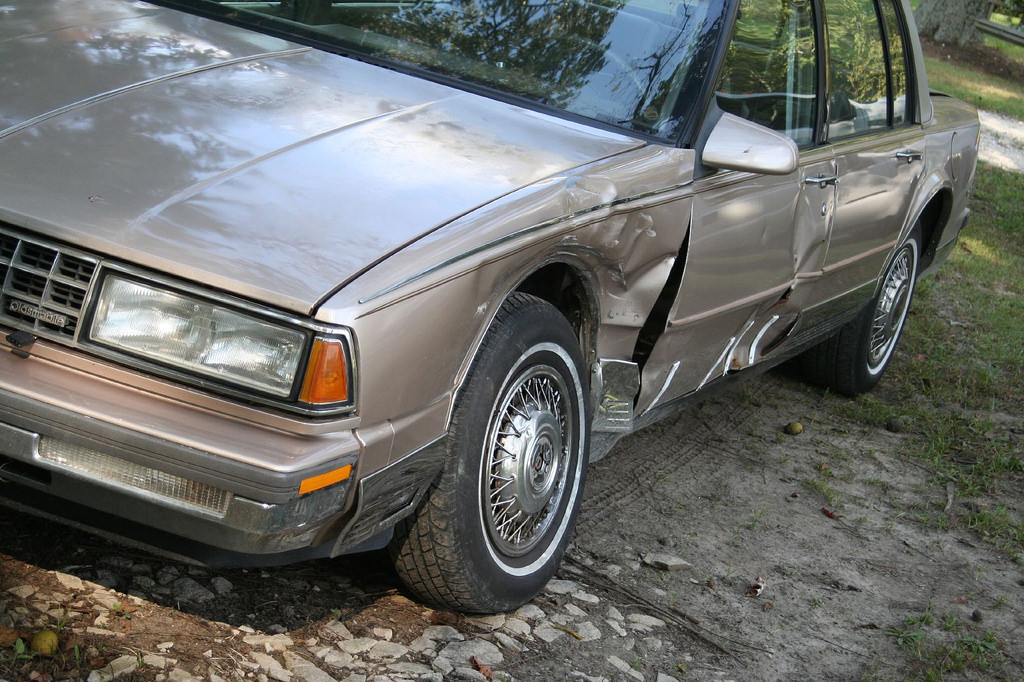Here's Why Starting High School Later Could Prevent Car Accidents

By:
The high school student falling asleep in class is a prime TV trope.
But the familiar scene exists for a good reason. According to Scientific American's 2014 piece on high school students and sleep quality, "40 percent of U.S. high schools start before 8 a.m., and only 15 percent start at 8:30 a.m. or later."
This is an issue because it conflicts with teenagers' natural circadian rhythms. As UCLA's Health Center explained "the word 'circadian' means to occur in a 24-hour cycle. These rhythms make you feel sleepy or alert at regular times every day." During puberty, there is a change in teens' circadian rhythms called "sleep phase delay," which causes them to naturally stay up later, leading to an uncomfortable clash with early school days.
Beyond that, there's another argument to be made for why high school students shouldn't start their day before 8:30 a.m. — and it affects everyone on the road.
There's a link between early school times and car accidents.
A new study published in the April 15 issue of Journal of Clinical Sleep Medicine (JCSM) by researchers at the American Academy of Sleep Medicine is calling for high schools to start later — as a safety issue.
"Public awareness of the hazards of early school start times and the benefits of later start times are largely unappreciated," the study said and added, "as a result, the American Academy of Sleep Medicine is calling on communities, school boards, and educational institutions to implement start times of 8:30 AM or later for middle schools and high schools to ensure that every student arrives at school healthy, awake, alert, and ready to learn."
 Ciokka/Flickr - flic.kr
Ciokka/Flickr - flic.kr
Sleep Review: The Journal for Sleep Specialists, who reported on the study, quoted Nathaniel Watson, MD, MSc, the lead researcher on how vital sleep is in preventing accidents. "Early school start times make it difficult for adolescents to get sufficient sleep on school nights, and chronic sleep loss among teens is associated with a host of problems, including poor school performance, increased depressive symptoms, and motor vehicle accidents."
 Garrette/Flickr - flic.kr
Garrette/Flickr - flic.kr
His solution?
"Starting school at 8:30 AM or later gives teens a better opportunity to get the sufficient sleep they need to learn and function at their highest level."
As Sleep Review: The Journal for Sleep Specialists noted, statistics currently show that "insufficient sleep also is associated with an increased risk of motor vehicle accidents, which account for 35% of all deaths and 73% of deaths from unintentional injury in teenagers."
The JCSM report concluded by noting that Dr. Watson's proposal is backed by evidence: "Research suggests that crash rates decline by 16.5% following a school start time delay of 60 minutes,"
This isn't the first time this has been studied.
JCSM published a study in 2008 titled "Adolescent Sleep, School Start Times, and Teen Motor Vehicle Crashes" that came to the same conclusion based on analyzing motor vehicle crashes among 17-18 year old students in one county-wide school district in Kentucky.
It found that "the county crash rates were considerably higher than the rest of the state prior to the change in school start times," and the same recommendation followed:
"Moving the school start time 1 hour later for all of the adolescents in 1 large county school district (the only county to do so during the period of this study) resulted in meaningful increases in sleep time [...] It was also associated with a significant drop in auto collision rates for high school-aged drivers in that county, whereas crash rates increased in the rest of the state during the same time period."
So, one could definitely argue that teenagers who sleep in are actually doing a public service. And yes, high school students, you can steal that excuse.
